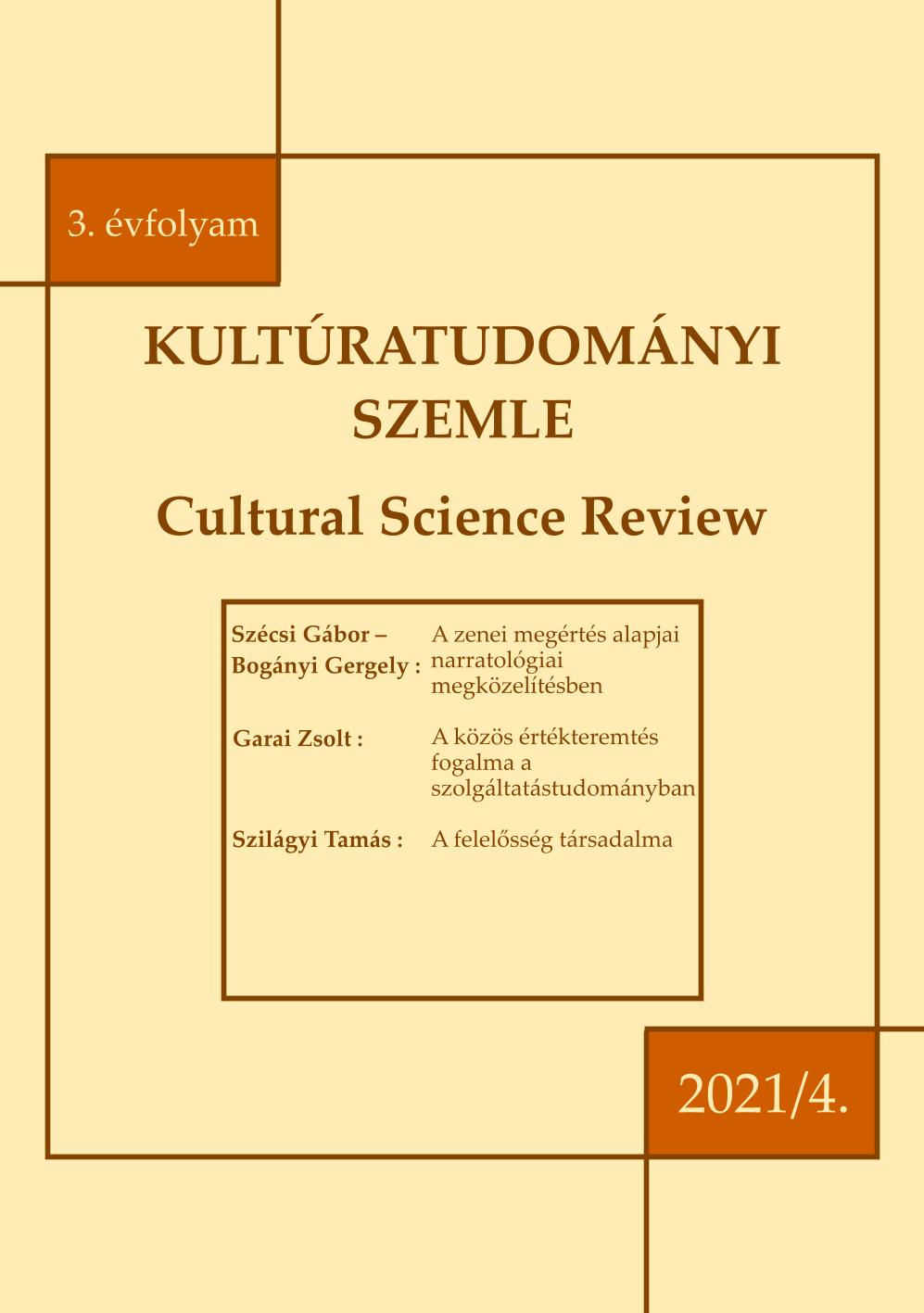A heroikus Dasein
DOI:
https://doi.org/10.15170/KSZ.2021.03.04.04Absztrakt
The heroic Dasein
Szilvia Busku
The claim itself that Heidegger's masterpiece Being and Time propagates heroism, raises several critical questions. The MFT debate session of 1939 described his image of man as a tragical existence and found his philosophy similar to Germanic mythology. According to the conclusion of the disputants there is a strong analogy between the "being-in-the-world" behaving thrown away and fey and the tragic Greek image of man. Hereby unravels why has Heidegger chosen the gloomy story of the tragical Oedipus – whose basic
human and existential trait is being homeless in the creepiest way – to illustrate the existential state of human beings. The present essay analyses this type of perception of human existence, that also occurs in Jung’s works as one viewpoint of the unconscious, or as Freud refers to it too, as originated from the Greek Oedipus, while Heidegger uses it in connection with anxiety.

